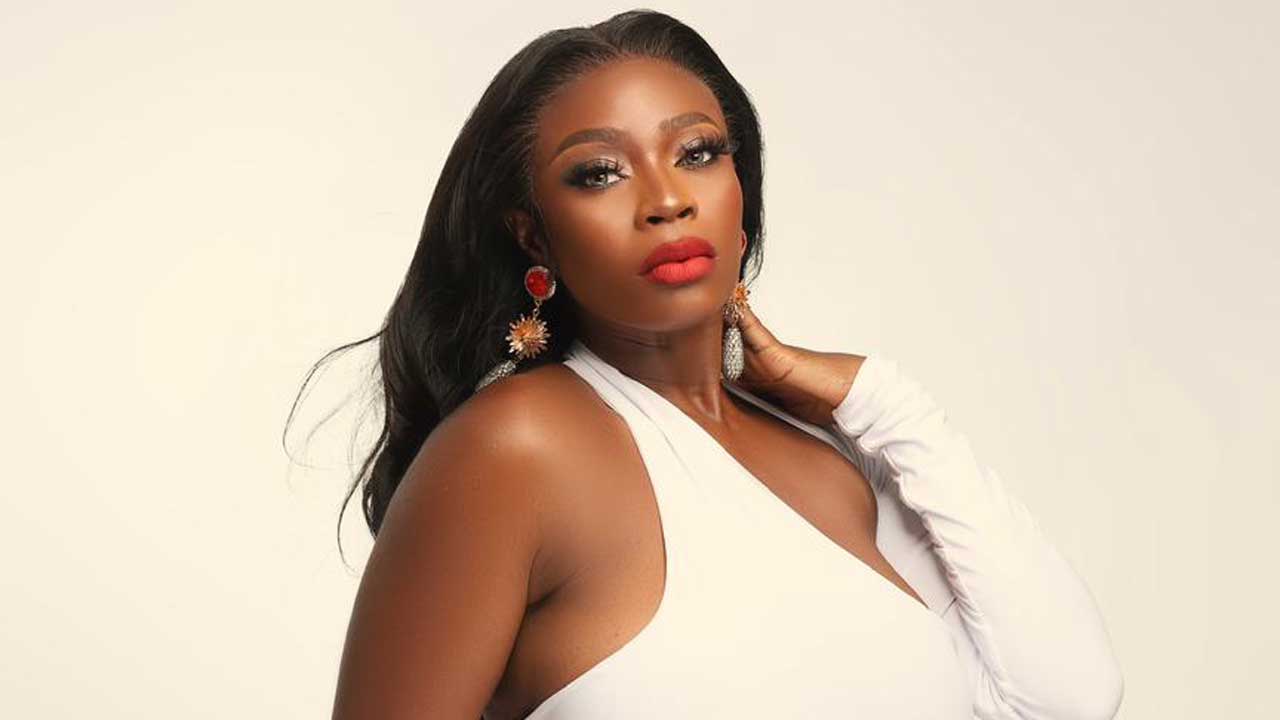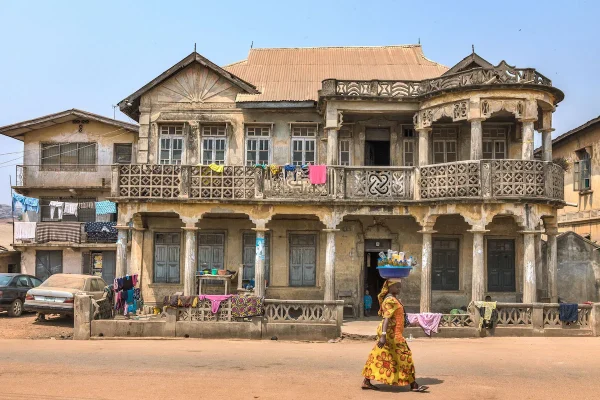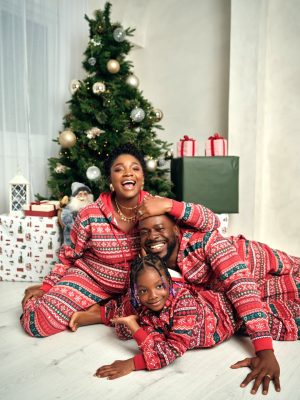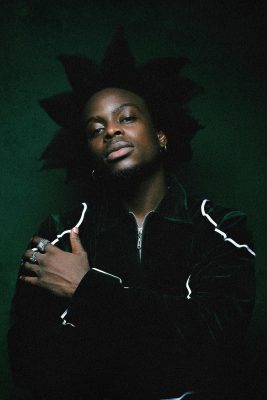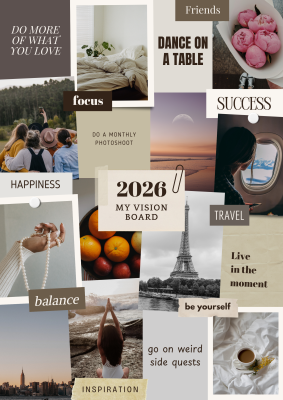- The business of storytelling: Ruth Kadiri on why Nollywood must invest in structure, not just stars
- SHOW DEM CAMP: Afrika Magik, Nollywood Nostalgia, and Conceptual Hip Hop
- TikTok Awards Sub-Saharan Africa: A celebration of a continent’s new creative power
- Edinyanga Uko & Itoro Okopide: Redefining cultural luxury one business at a time
The famous Karl Lagerfeld once said, “When you hear designers complaining about the challenge of their profession, you have to say: don’t get carried away—it’s only dresses.” And so, we ask ourselves, is it?
The fashion professions are one of the oldest and most trivialized professions till date. While many might underestimate the importance of the profession, fashion is certainly one of the most lucrative businesses in the world.
Known to be the most populous country in Africa, Nigeria has one of the newest promising fashion industries in Africa, with the Heineken Lagos Fashion and Design Week (HLFDW) taking centre stage each year. Although the country is known for its abundance of oil, fashion is slowly pushing its way to the forefront as there are many opportunities for the country’s economy.
HLFDW has been a brilliant catalyst in building the Nigerian fashion industry. Annually, it’s Fashion Focus platform offers designers the opportunity to participate in a program where five participants are chosen. The lucky individuals are given the opportunity to attend seminars and classes, as well as paired up with mentors who guide them through the journey. The participants are given the chance to showcase their work amongst established designers at the next HLFDW.

[ad]
Last year, Oluwadamilola Osuade, Ntukokwu Obinna Samuel, Seun Morafa, Moturayo Augusto and Emmanual Okoro emerged as the HLFDW Fashion Focus finalists. The designers, who have undergone mentorship by key players in the Nigerian fashion industry, are looking forward to showcasing their collections at the 2017 HLFDW next week. Guardian Life had a chat with the designers who talk about their HLFDW Fashion Focus experience and challenges in the industry thus far.
Seun Morafa
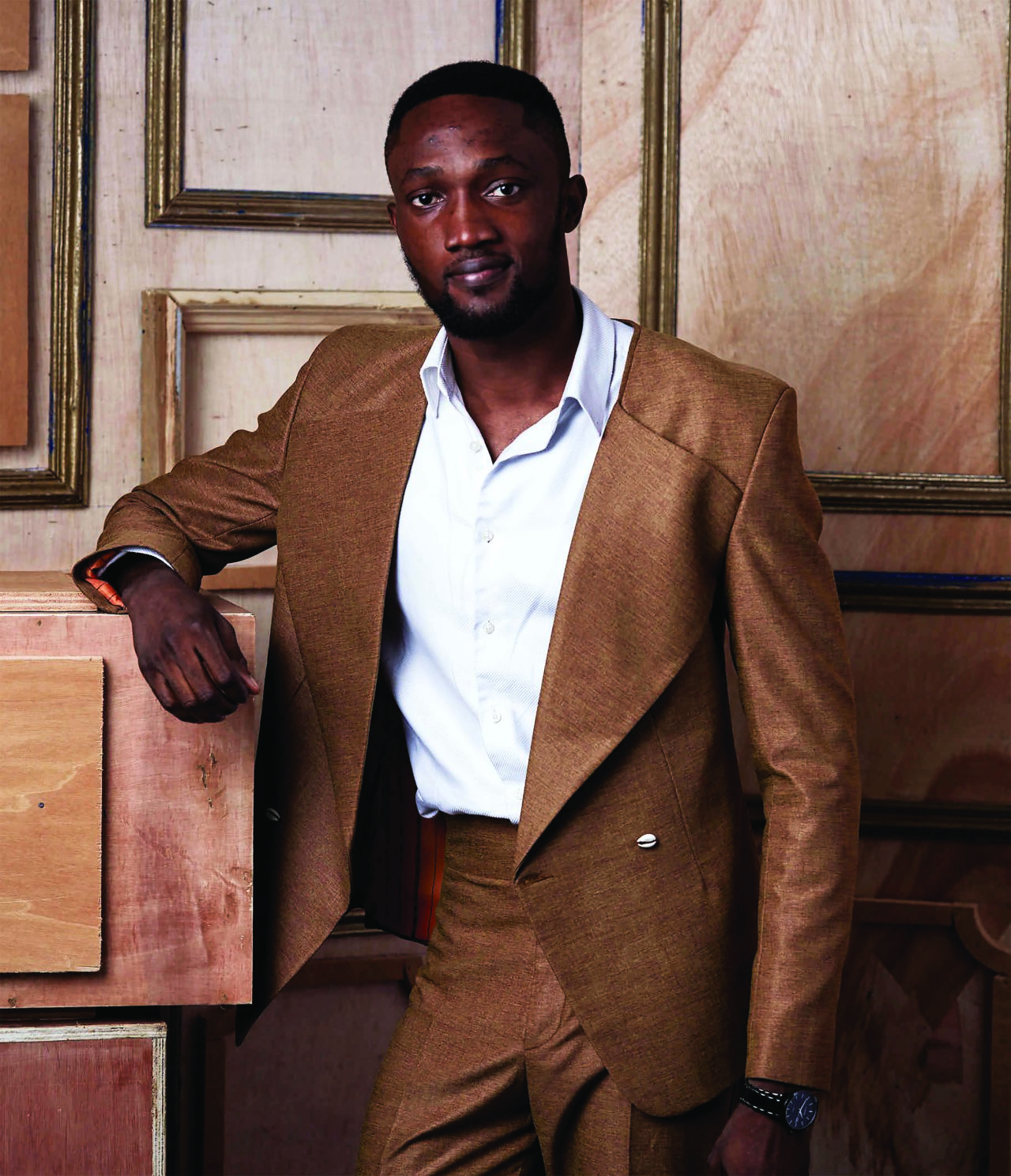
[ad]
Morafa is the creative director of Morafa clothing line, a menswear and womenswear brand. According to the young designer, “I started as a model…I learnt a lot of things before I started my line. I started the brand in 2013, I applied for Fashion Focus in 2014. I tried again in 2015, and finally, in 2016, I was chosen. The designer who is a final year student at the University of Lagos was paired up with Mai Atafo, the bespoke tailor who focuses on suits. He explains, “Mai Atafo is my role model…I knew HLFDW Fashion Focus was going to take my brand to the next level.”
How difficult would you say it is to produce quality over quantity for suits?
Quality is important, that always come first. In terms of quantity, we always meet up orders because we have a lot of tailors that work for us.
Your collection was made in the US, why not in Nigeria?
I did some in Nigeria but I took the production to the US because I knew I would get better quality especially for HLFDW. Getting good quality in Nigeria can sometimes be a challenge because the tailors can mess up your work and it’s really hard to find experienced tailors in Nigeria. Our tailors are from Cotonou, you have to travel to find them.
Emmanuel Okoro
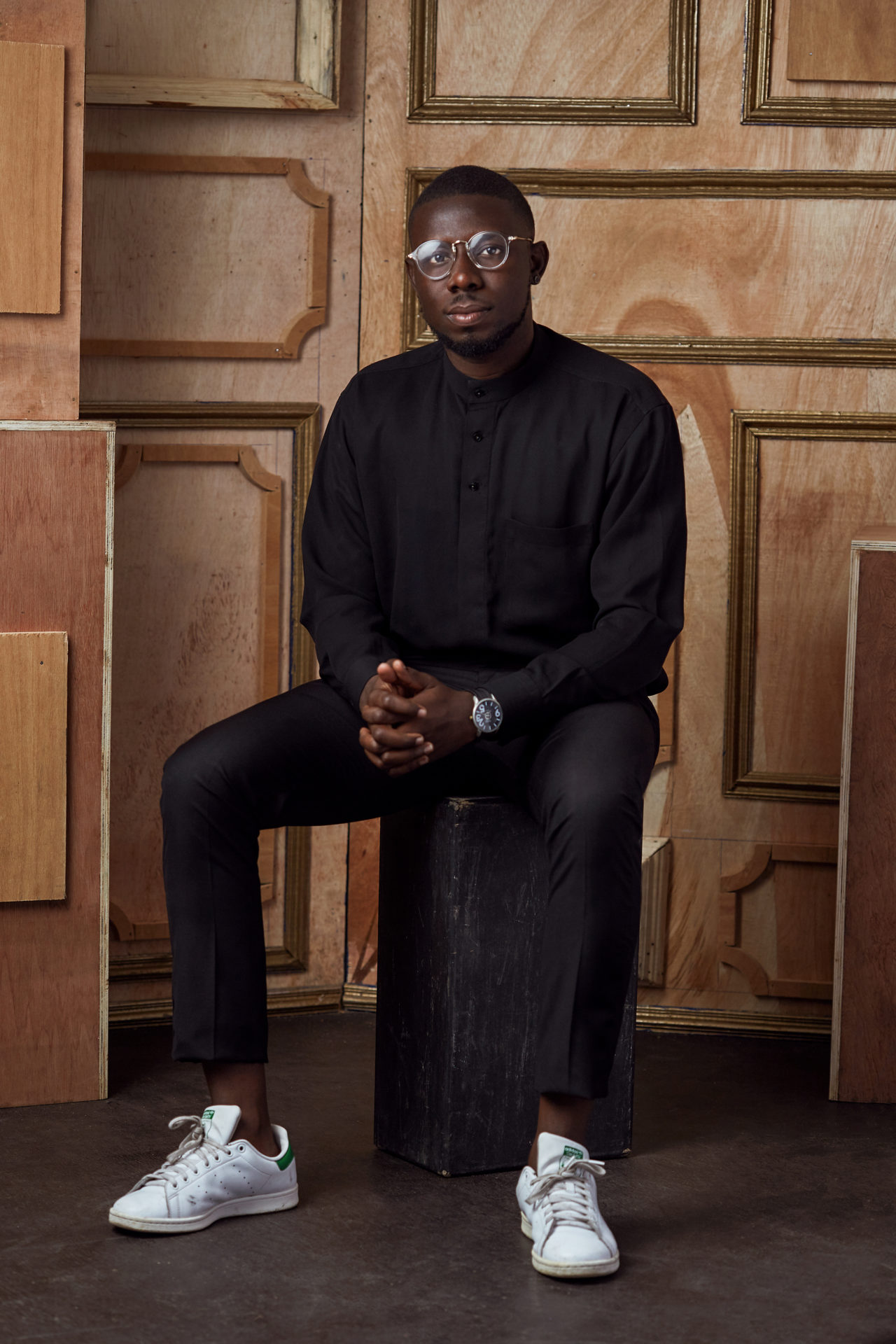
Okoro is the brand owner and creative director of Emmykasbit Nigeria, a brand which primarily deals with suits. After studying computer science at the University of Calabar, he moved to Lagos to build his brand. Okoro who was paired up with Maki Oh, the womenswear designer, talks about his benefits from the program. He says, “Being part of the HLFDW fashion focus has helped me to define my path in fashion through the mentorship classes…it has helped me to know where my brand is going.”
What do you spend most of your money on as a designer?
Research and fabrics. It is hard to find good fabrics in Nigeria because I tend to look for fabrics that most people can’t get anywhere. I try to make my fabrics exclusive and that’s where I would spend most of my money. For example, the fabrics in my collection for HLFDW are exclusive, they are handmade from scratch. You have clients that want exclusivity, things that you can’t find anywhere else.
You focus on both men and womenswear, has it been challenging getting female customers?
We cater for women who want to look different. A lot of women think that they only look sexy in dresses but we are here to change that. Women can wear suits and still look smart and sexy. It’s one of the things that make us unique because not a lot of designers do that here in Nigeria.
Motunrayo Agusto
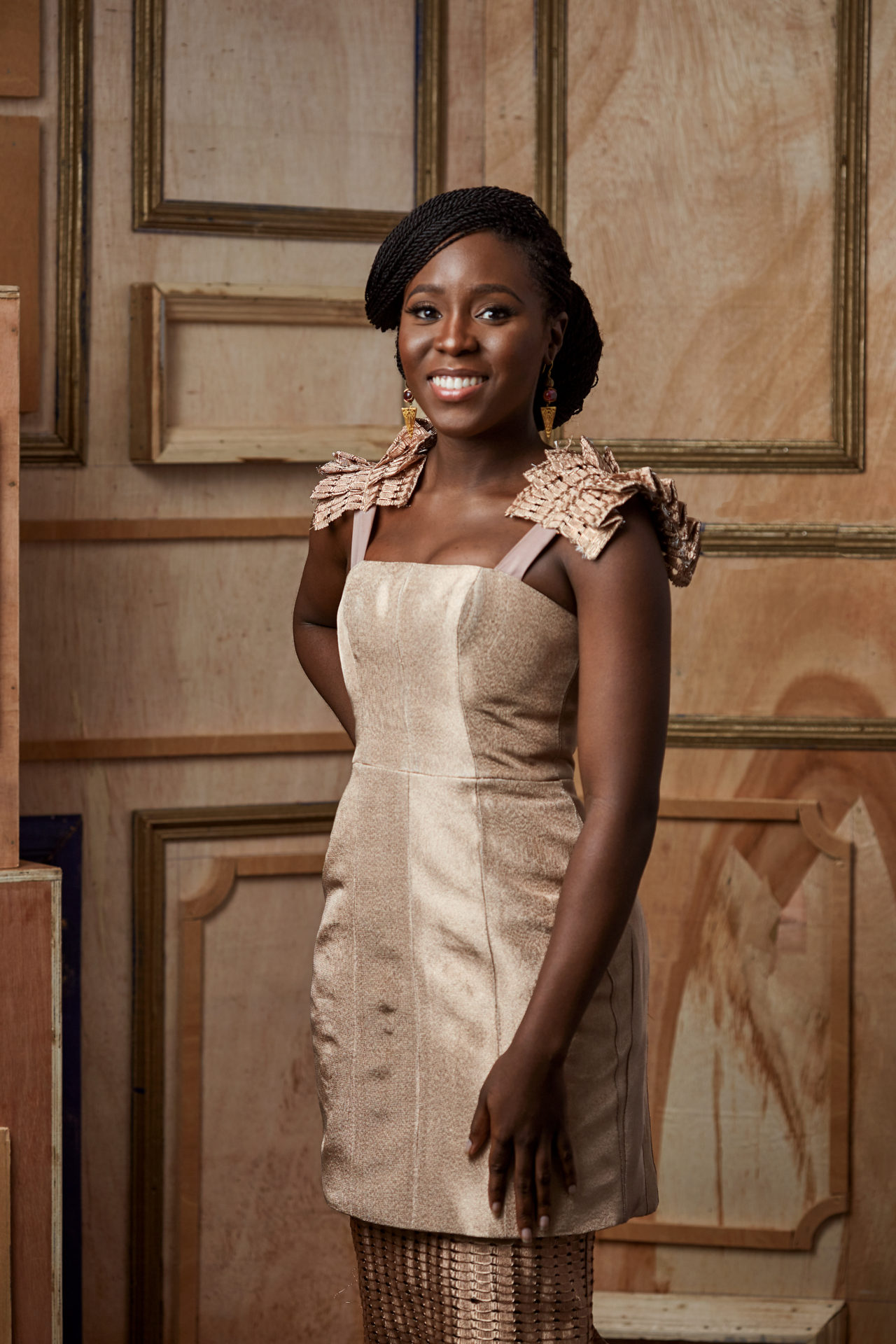
[ad]
Agusto is the brand owner and designer of Mo Agusto. After studying economics at the University of Nottingham, she decided to delve into fashion design so she studied related courses at the University of the Arts, London. While she initially started off as a “made to measure” designer, after HLFDW fashion focus, Agusto re-launches her brand as a ready-to-wear brand. Agusto, who was mentored by Banke Kuku, talks about fashion being “a world that a lot of people do not understand.”
Why did you decide to do Fashion Focus?
The long-term goal was to have a proper ready-to-wear brand. I didn’t want to make clothes and feel like I have holes in my business operation. HLFDW allowed me to have that platform to show my collections and I am looking forward to seeing the feedback and the benefits of showing at HLFDW.
Would you say that more Nigerians are integrating more into the ready-to-wear system?
People are definitely leaning towards ready-to-wear also because I think they have been battered and bruised by their tailors. So, most people want to walk in, try on something that’s their size and go. It’s just getting the fit because black people’s bodies are very different from Caucasians. Once they (blacks) find that, they are very happy to buy off-the-rack.
Oluwadamilola Osude
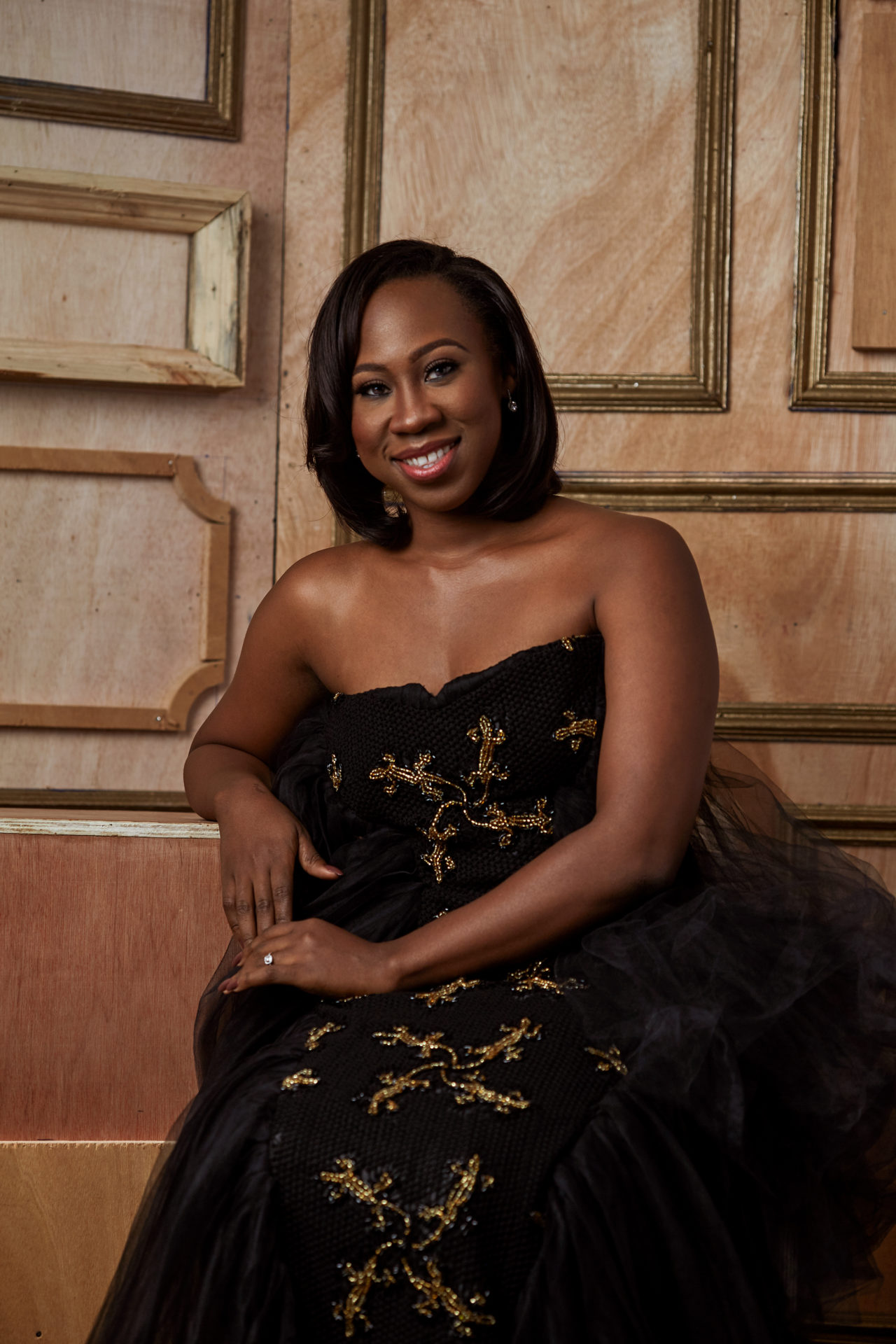
The creative director of Imade Eduso studied computer information system at Babcock University and was an intern for Lisa Folawiyo, the pristine designer who later became her mentor at the HLFDW Fashion Focus program. Osude explains the importance of the program when she says, “through the mentorships and reading books, it has helped me bring out something different but still related to the brand…It has helped me factor in other things in terms of creativity and business.”
What’s the main inspiration for your new collection for HLFDW?
My inspiration for the collection is “the bride’s wardrobe” but it is not a bridal collection. Basically, it’s for one who is getting married; to help her transition from date night to pre-wedding looks like the bridal shower and then court wedding. It’s the pieces a bride-to-be would need through that process of going from a bachelorette to becoming a wife.
Would you say that there’s a replication issue in Nigeria? And how are you able to deal with that?
One has to be creative. In the fashion business, it is not just about being creative in producing the styles, you have to be creative in the business too. For instance, one of the pieces from my last two collections, I had a lot of replicas, which affected sales for a while but then I released a new colour and put it in a different way and suddenly, sales started coming in more. You just have to reinvent and find a way around it.
Ntukokwu Obinna Samuel
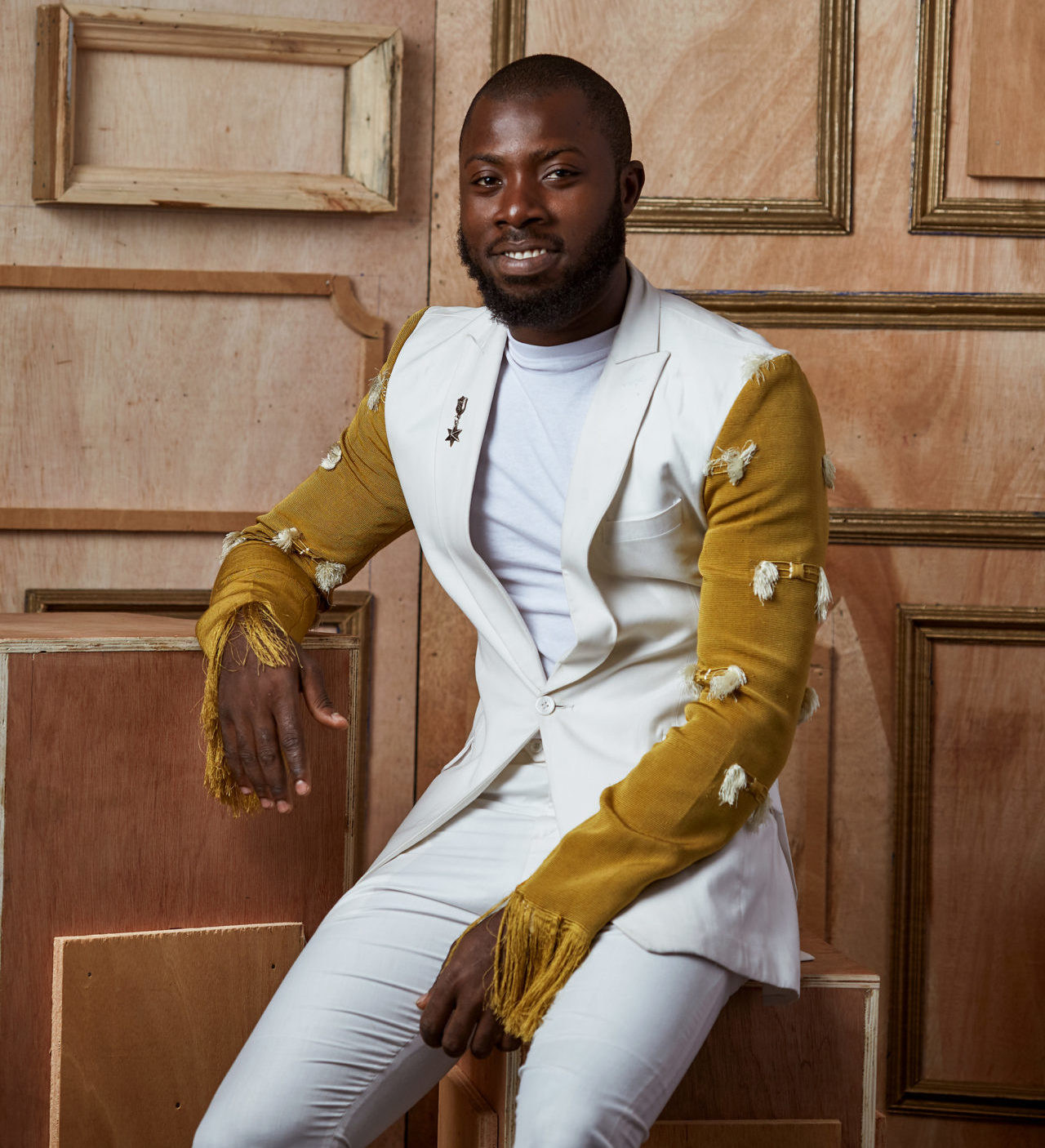
[ad]
Known as the creative director of Samuelnoon, the designer who focuses on womenswear studied theatre arts in UNILAG and later decided to study Fashion at Istituto di Moda Burgo (IMB) Nigeria. Ntukokwu describes himself as an introvert, he adds, “I express myself through fashion.” The designer whose mentor was Yemi Shoyemi talks about learning from the HLFDW Fashion Focus experience. He says, “Everybody must just make clothes…You can be someone just cresting buttons and that’s your speciality.”
Where would you say that your brand is headed?
After now I would want my brand to cater to specific people every year. They would be socialites who attend top events. So, every year people would buy slots, which would increase over time.
How’s the competition out there for you?
There’s a whole lot of competition for me and every designer but once you try to be yourself and different, you should not have any problems. I know everyone is doing the same cuts, but I am sure of my designs and inspirations. I know no two people draw inspiration from the same place, so it must be different.
How do you source your fabrics? Has it been difficult for you?
I source my fabrics here in Nigeria, from local markets in Tejuoso or on the Island. I tend to work with plain fabrics and I mash them up to look different because I embellish and recreate with the cuts.
[ad]


